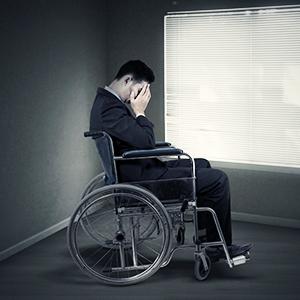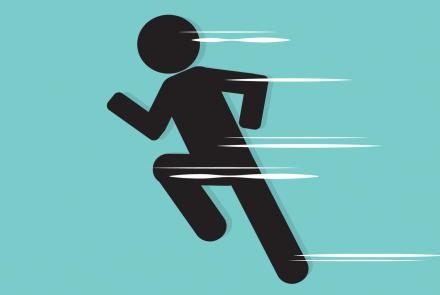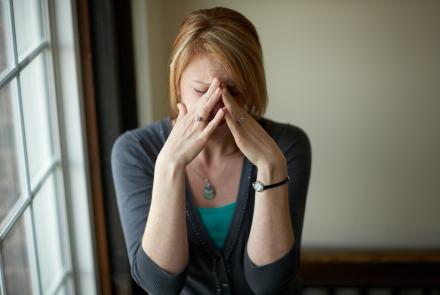
Traumatic events bring new problems in their wake. Porrselvi A.P. talks about dealing with Post-Traumatic Stress Disorder (PTSD)
The scars of a calamity, such as the recent Chennai floods, are not always visible. Physical needs, like rebuilding a home, going back to work and keeping infections at bay, require a lot of effort but are usually managed well by the survivors within one to six months following the event. It is generally assumed that people are then back to their normal lives and have moved on. But the stress of the sudden exposure to such chaos, and the fear for our lives and loved ones, the dislocation of the routines we had set for ourselves, the moving out from our comfort zones, the loss of loved ones and friends, the loss of essential documents and material things that we have earned for ourselves over the course of our lives – these all add to the traumatic experience, sometimes causing severe disturbances to the balance of our mental health.
This is PTSD
Children, young adults and older people are particularly susceptible to this mental trauma, which is widely known and recognised as Post-Traumatic Stress Disorder (PTSD). So it is necessary to pay attention to our mental health and to rebuild our self-image and sense of safety following a traumatic event. This is not to say that you are mentally weak. It is a normal response, just like washing your hands and feet after walking through the flood waters, or taking tetanus shots as a preventive measure.
We may well assume that help is needed only by those who were rescued by the boats, those who were evacuated from their homes, or those who did not have food or who lost their loved ones and things. But the relief workers, rescuers and the spirited Chennai volunteers are all equally exposed to the trauma brought on by the floods. Also susceptible to PTSD are those who live elsewhere but had their loved ones stuck in Chennai during the floods and who watched the wrath of nature through the media while praying that their calls went through to the beleaguered city.
What are the warning signs?
The symptoms of post-traumatic stress usually develop during the first month after the traumatic event, but in some people they can show months or even years later. So it is advisable to keep a lookout for some or all of the following symptoms, and seek professional help if you and/or your loved ones are having trouble in managing these symptoms and getting on with life.
- Repeated nightmares, flashbacks
- Intrusive thoughts and memories that don’t let you go about your everyday life
- Physical sensations associated with the traumatic event (smells, sensations on the skin etc.)
- Palpitations and sweating (panic responses)
- Avoiding people, places, objects that remind the person of the traumatic event
- Feeling jumpy and easily startled
- Hypervigilance (being constantly on the lookout for danger and threats)
- Anger and increased irritability.
- Feeling sad, upset and crying easily over things they would normally not
- Being emotionally numb and apathetic (not able to feel anything much)
- Disinterested in activities they used to like doing
- Being withdrawn from family and friends - talking less, smiling less, being less of “themselves”. Feeling distant and cut off
- Alternatively, some people may start talking constantly
- Sleep disturbances (children may start bedwetting)
- Feeling restless
- Decreased/increased appetite
- Having difficulty in concentrating, remembering things (dip in school performance)
- Feeling less confident
- Feeling that there will be more danger in the future – anxious, or feeling like their future is cut short/ feeling that everything in life is out of control
- Losing faith in God or becoming very religious
- Feeling helplessness, denial and guilt (survivor guilt)
- May complain of frequent headaches or stomachaches
Who can help?
Reach out to your local mental health professional for help.
This was originally contributed by Chennai Mental Health First Aid Group (Chennai Mental Health First Aid is a group of likeminded mental health professionals who can help you get through these difficult times and come out of it stronger. If you would like to talk to any of us or would like to help us in raising awareness please feel free to contact us on +919047452258 or mail us at arunaithelirchimaiyam@gmail.com. The primary aim of this initiative is to reach out to as many people as possible and give them the option of seeking help from trained professionals. If you lead or run an organization where children or adults meet and would like us to reach out to them, please do contact us.)
If you know more such groups, please add them as a comment on the post.
















